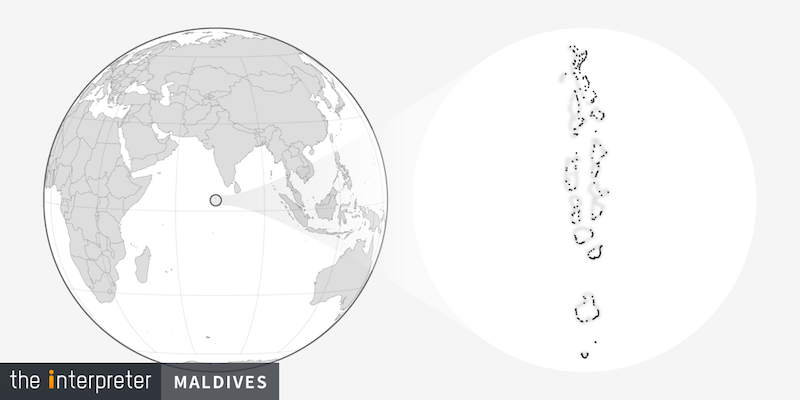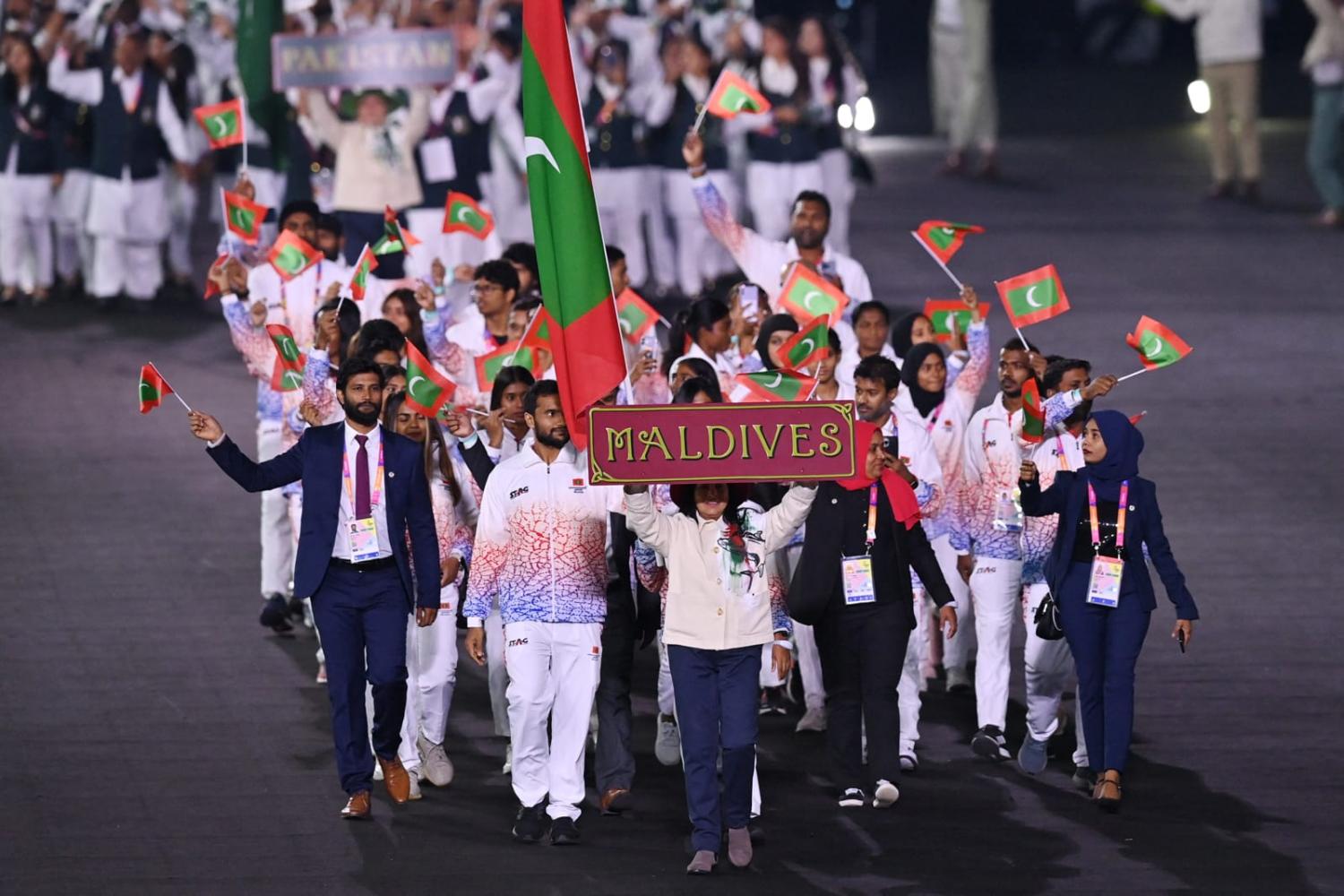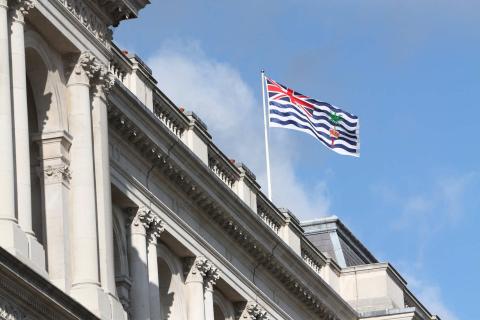The Maldives has been in the news in recent years as an important focus of geopolitical jostling in the Indian Ocean. It is now gearing up for a presidential election in September, which will pit the incumbent President Ibrahim Mohamed Solih against several challengers. Some observers may be tempted to see the election in terms of a contest of influence between India and China. But the island state’s domestic politics and foreign relations are much broader and more complex than that.
The Maldives is an archipelago of some 1200 islands and a population of around 500,000 people, sitting more or less in the middle of the Indian Ocean, just south of India.
The country was the scene of considerable controversy in 2018, when Solih was elected in a popular landslide against the former President Abdulla Yameen. Yameen’s term had been characterised by an open door to Chinese investments, incurring massive Chinese debt amid considerable corruption. He also increasingly played the anti-India card in domestic politics, including trying to expel a small Indian military assistance team that helped provide maritime surveillance and air ambulance services.
Yameen’s policies severely tested Maldives’ relationship with its huge neighbour. India dominates the region, seeing Maldives within a de facto Indian sphere of influence. Yameen’s tilt towards Beijing was perceived by some in Delhi as significantly undermining India’s security.
Solih and his government under the Maldivian Democratic Party halted many Chinese investments and set about building new frameworks to provide checks and balances to Maldives’ relatively weak democratic institutions. Solih also reiterated an “India-First” policy and has since received considerable Indian assistance in debt relief, Covid-19 pandemic assistance and infrastructure investment. The close relationship with India has also helped Solih in developing Maldives’ relationships across the Indo-Pacific.

The upcoming presidential election inevitably revives fears of renewed geopolitical jostling between India and China. Solih will be contesting the election against several candidates, including from Yameen’s Progressive Party of Maldives (PPM). But it is not yet clear whether Yameen will be the PPM’s official candidate. He is currently a long-term guest at Maldives’ Maafushi prison island having been convicted of corruption and money laundering.
The biggest wildcard may be former president of Maldives, Mohamed Nasheed, who is threatening to split the ruling Maldivian Democratic Party, now led by Solih. Nasheed stepped aside as party leader in 2018 to facilitate Solih’s election as president. Nasheed is in the process of forming his own political party to run against Solih, which might affect the party vote.
While the smart money is on Solih to win in September, a lot could happen in the meantime that could have important consequences for domestic policies and international relations.

There is no doubt that relations with India would be severely affected in the (unlikely) event that the PPM candidate wins. Delhi has not always been great at managing national sensitivities that almost inevitably arise in relations between India and a tiny neighbour.
Delhi’s anxieties have not been helped by the PPM’s long-running “India Out” campaign, including organising a mob waving Islamic flags to disrupt an Indian-sponsored “Yoga Day” celebration. Yameen or another PPM-backed president would likely reinvigorate the economic relationship with China and possibly downgrade the India relationship, at least symbolically.
But it would be a mistake to analyse the election or its foreign policy consequences only through the lens of India-China competition. Since the 1880s, when Maldives’ leaders took the initiative in negotiating a protection arrangement with Britain on highly favourable terms, Maldives has had a long and successful tradition of positioning itself “alongside” major powers, while also maximising its autonomy. Despite Maldives being coloured pink on colonial-era maps, the Union Jack never flew over its capital, Male.
Today, Maldives has a much higher degree of agency than many analysts might assume.
Since 2018, the Solih government has focused on increasing Maldives’ foreign policy options. This includes joining the Indian Ocean Rim Association in 2019, re-joining the Commonwealth organisation, and playing an active role in a reconstituted Colombo Security Conclave, a regional security dialogue that brings the Maldives together with India, Sri Lanka, Mauritius, Bangladesh and Seychelles. These initiatives have strengthened Maldives’ partnerships in the region.
Geopolitical competition has also helped open up new partnerships. In 2020, Maldives signed a defence agreement with the United States that facilitates considerable training and other contact between the two militaries. A US embassy will be opened soon.
Australia is also substantially increasing its links with Maldives as part of a “step up” in its engagement with the northeast Indian Ocean. Australia is in the process of establishing its first High Commission. There has also been a quiet increase in security assistance with a focus on maritime security, counter-terrorism and law enforcement, including a recent low-key visit by an Australian P-8 maritime patrol aircraft. There is much more that can be done to enhance the relationship in development assistance and climate change.
The outcome of the presidential election will no doubt be important for Maldives’ relationships. A win for Solih would certainly help Maldives to further entrench democratic institutions and consolidate relations with like-minded countries such as Australia. But whatever the outcome, Maldives will likely continue its longstanding strategy of balancing its relationship with India, its huge inescapable neighbour, in a way that also maximises its autonomy.

